
There is a business cartoon that has been circulating around social media – a group of employees is holding court in a conference room. The manager at the head of the table declares, “Digital transformation is years away – I don’t see our company having to change anytime soon.” Meanwhile, outside the window just behind him swings a giant wrecking ball labeled “COVID-19.”
The term “bank” never appears, but there is no sector for which the message rings truer. While the migration of banks and credit unions to digital channels has been underway for several years, of course, the national brands have been the most aggressive, creating an online capabilities gap over most community financial institutions. Given the pandemic-prompted closing of most branches and the energetic push of customers of all stripes toward remote channels, those investments by the largest institutions seem more prescient than ever.
Read More
Topics:
Digital Banking,
COVID-19,
Digital Transformation

It had long been predicted that the next U.S. economic downturn would be far less severe than the one triggered by the 2008 financial crisis. What wasn’t predicted, however, was the emergence of another “black swan” event like a coronavirus pandemic. Although the underlying fundamentals remain quite different, banks and credit unions everywhere should consider a few lessons learned from 2009-11 while they adapt their institution’s business model to the new norms of consumer behavior.
Read More
Topics:
COVID-19,
Card Branding Agreements
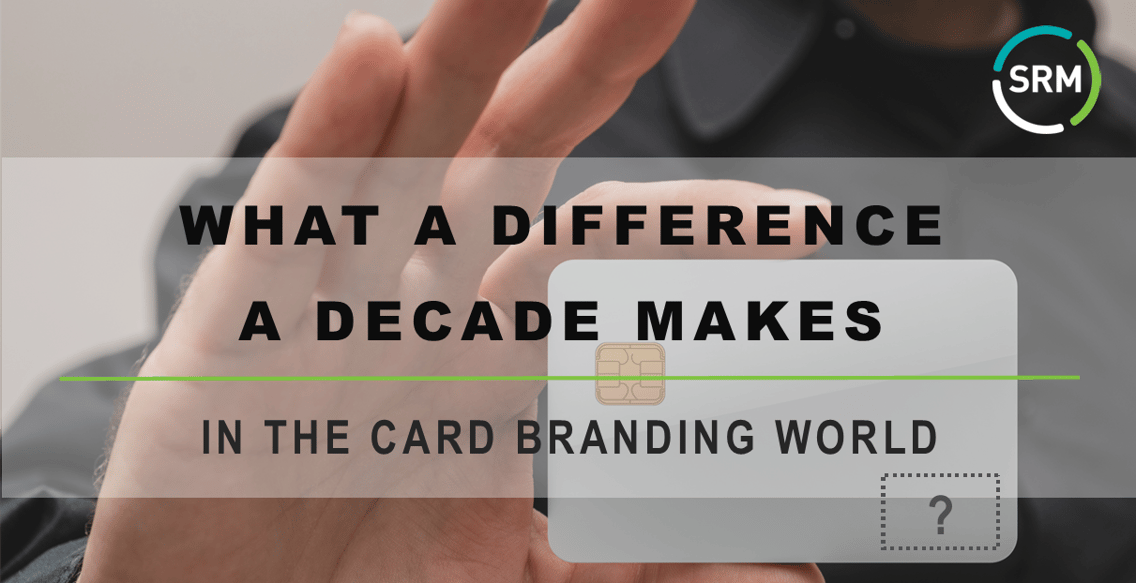
Card-issuing institutions of all stripes (yes, a payments pun) are in store for some interesting times. According to SRM’s findings, a disproportionate number of card branding agreements are coming up for renewal over the next 12-18 months. Why is this important? Consider the timing. These contracts, commonly signed with MasterCard and/or Visa, tend to be long term in nature and govern a large – and growing – share of non-interest income. As SRM witnessed during economic recovery from the 2008 financial crisis, properly realigning your bank or credit union’s critical card branding contract with the market, as well as other payments agreements, can uncover hundreds of thousands in both cost savings and revenue growth.
Read More
Topics:
Debit and Credit,
Card Not Present,
Contactless,
Card Branding

Loan acquisition is not a new topic in boardrooms by any stretch, but priorities will likely shift (or have already) in the upcoming months given the effects of COVID-19. Still, efficient access to credit remains a critical component of any economic recovery. Assuming some short-term retrenchment, automated credit decisioning will continue to play a critical role in financial institutions’ toolkits.
Read More
Topics:
Automated Credit Decisioning,
Digital,
Loan Acquisition,
Loan Origination
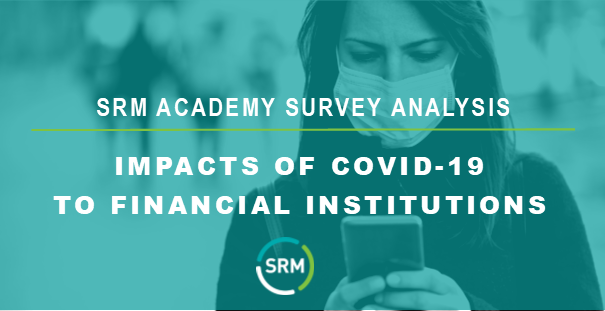
Over two weeks ago, our firm offered perspective on some things banks and credit unions can do to proactively support accountholders during the COVID-19 pandemic. Since then, we have maintained ongoing contact with our more than 1,000 clients as this situation continues to evolve. Additionally, we surveyed our industry network of clients and friends to help us understand how the virus is impacting their financial institution’s operations – and they delivered.
Read More
Topics:
COVID-19,
Coronavirus,
Digital Channels,
Remote Channels,
Business Process Improvements
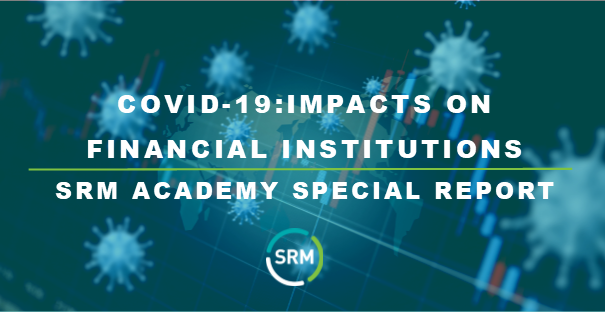
Being prepared for any potential downside is something bank and credit union executives take quite seriously and, since the early 2000s, have been required by regulators to maintain a pandemic crisis plan. Now all of these plans are being put to the test, especially after the announcement by the WHO that the coronavirus is officially a pandemic.
Even as the business world improves at predicting and defending against risks, Black Swans will always be a possibility. As is characterized by such an event, it’s easy in hindsight to say, “We should have seen this coming,” but the fact remains that we don’t know what we don’t know; e.g., the impacts on the stock market and disruptions to daily life brought on by COVID-19.
Read More
Topics:
Digital Banking,
Cash,
COVID-19,
Card Not Present,
Coronavirus,
Contactless

A colleague of mine once said, “God was able to create Heaven and Earth in six days because He did not have an installed base of users.” Anyone who has spent any time in the software business understands this axiom all too well.
This is essentially the premise behind technical debt. As soon as your institution commits to a solution and begins adding customers or members to it, constraints emerge making it difficult to enhance or upgrade the technology.
Read More
Topics:
Open Banking,
APIs,
Technical Debt
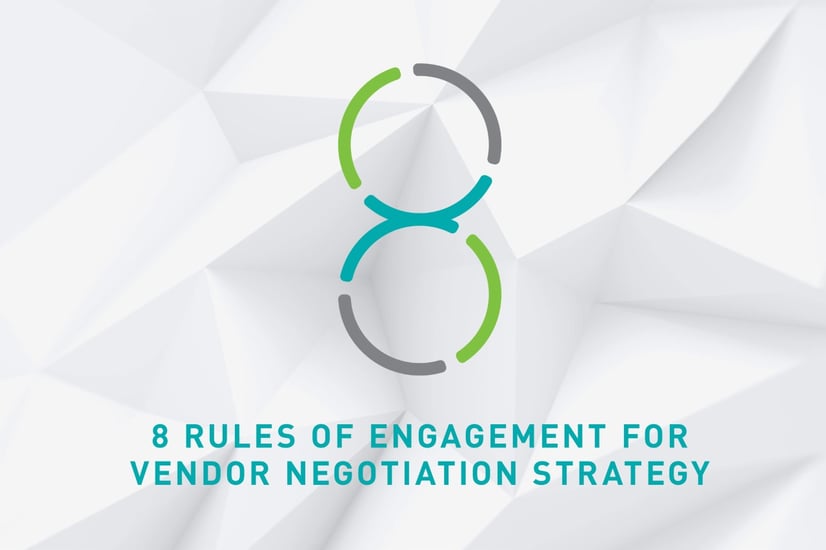
Disruptive tech providers, new banking regulations, obscure deadlines and thresholds – these are challenges we face with clients every day. What many others still fail to see though, is that in an age of accelerating change, having a clear vendor negotiation strategy - and executing it well - is becoming more critical to bank and credit union executives than ever before.
To help spare others from costly lessons learned, here is a list of our best and most often given advice for preparing for a negotiation - or renegotiation. With our experts’ combined experience in the field, and $3.6 billion proof points behind us, these are SRM’s eight rules of engagement for effective vendor management.
Read More
Topics:
Vendor Contract Management,
Vendor Negotiation,
Vendor Negotiation Strategy
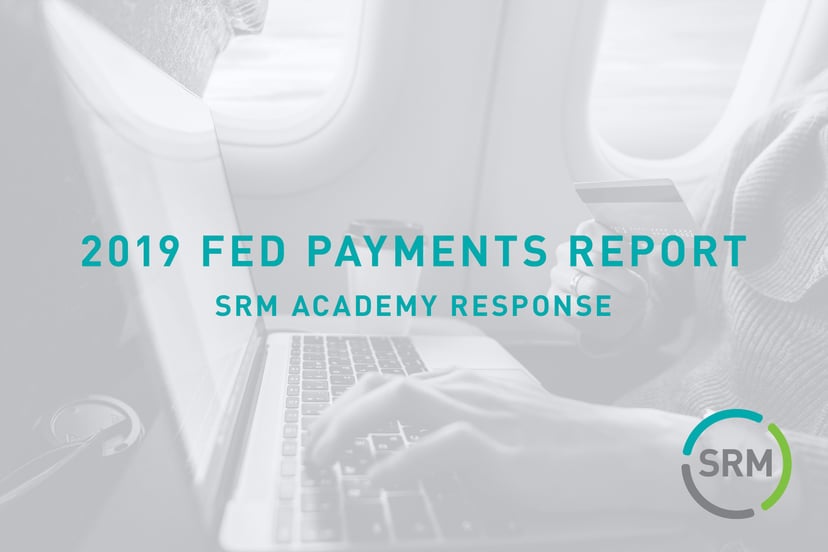
January’s release of the 2019 Payments Study from the Federal Reserve reveals that American purchasing behavior is evolving at full force, especially in debit and credit card use. Every three years, the Fed releases a comprehensive study on usage trends for noncash payment instruments. This most recent data shows the persistence of several longstanding trends – and some are gaining speed.
Read More
Topics:
Payments,
Vendor Contract,
Cardless,
Noncash,
Debit and Credit,
Payment Strategies
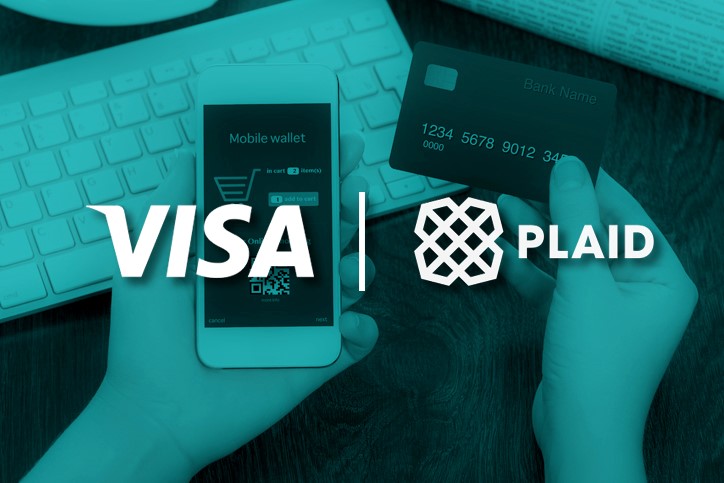
One year ago, almost to the day, Fiserv surprised the payments world by announcing its acquisition of First Data, setting off a wave of payments consolidation that by midyear had narrowed a list of six leading processors and bank service providers down to three. Following this flurry of activity, it was widely assumed that FIS, Global Payments and Fiserv would be occupied with integration tasks for the foreseeable future, potentially leaving payments M&A destined for a short breather. But wait – there’s more.
Read More
Topics:
Open Banking,
Fintech,
Payments Consolidation,
Visa,
Plaid












